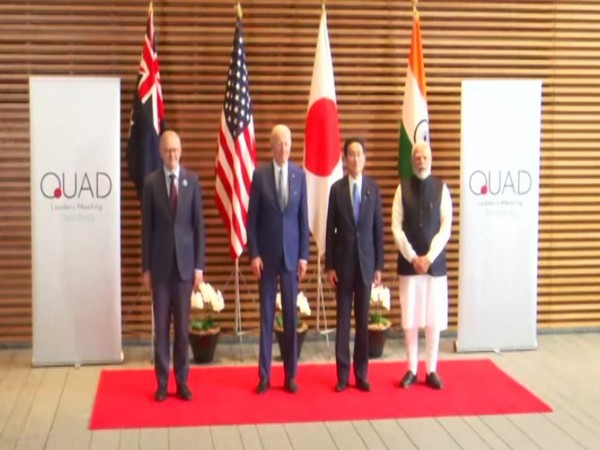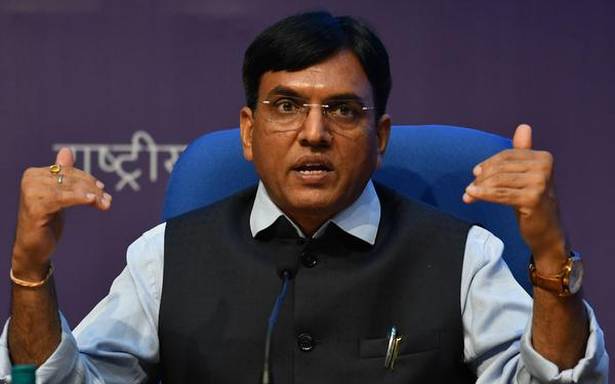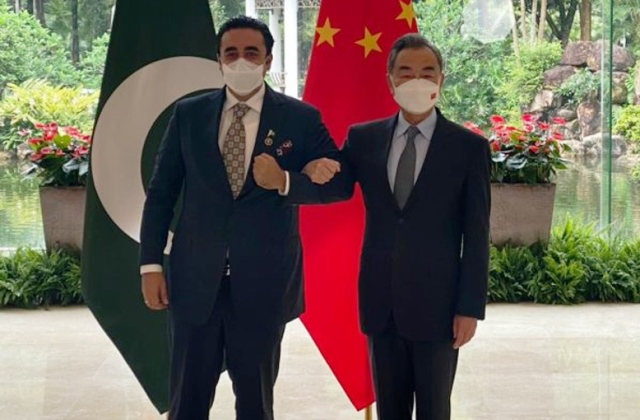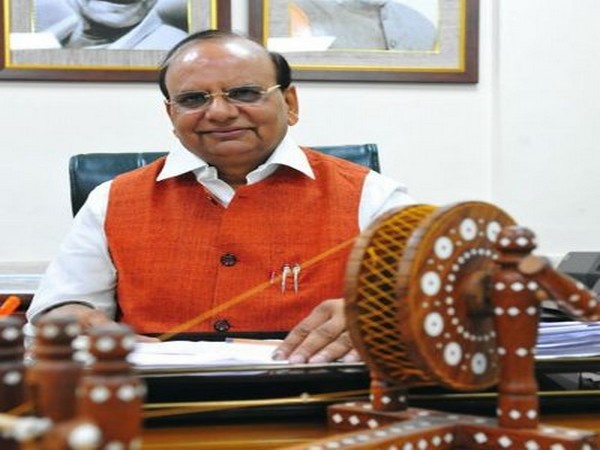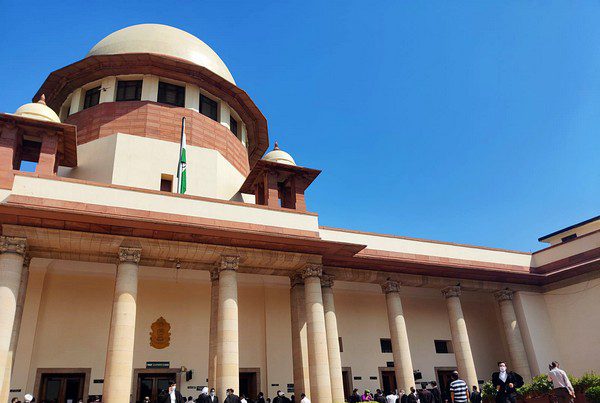Quad leaders at the Tokyo summit are set to launch a range of initiatives, including a maritime security partnership, that will allow the member countries to monitor illegal fishing, track “dark shipping” and other tactical-level activities.
“The benefit of this maritime initiative will allow tracking of dark shipping and other tactical-level activities, such as rendezvous at sea, as well as improve partners’ ability to respond to climate and humanitarian events and to protect their fisheries, which are vital to many Indo-Pacific economies,” said the White House in a media statement on the sidelines of Quad Summit.
Notably, “dark ships” are vessels with their Automatic Identification System (AIS) – a transponder system – switched off so as not to be detectable. This crucial maritime pact between the Quad member countries will enhance the security apparatus of the Indo-Pacific region.
The maritime initiative Indo-Pacific Partnership for Maritime Domain Awareness (IPMDA) will offer a near-real-time, integrated, and cost-effective maritime domain awareness picture, added the White House in the statement.
This initiative will transform the ability of partners in the Pacific Islands, Southeast Asia, and the Indian Ocean region to fully monitor the waters on their shores and, in turn, to uphold a free and open Indo-Pacific.
Quad countries are committed to contributing to the region’s maritime domain awareness — a fundamental requirement for peace, stability, and prosperity — through investment in IPMDA over five years, stated the White House in the statement.
The partnership will innovate upon existing maritime domain awareness efforts, rapidly bringing emerging technologies to bear for the greater good of the Indo-Pacific community.
IPMDA will build a faster, wider, and more accurate maritime picture of near-real-time activities in partners’ waters. This common operating picture will integrate three critical regions — the Pacific Islands, Southeast Asia, and the Indian Ocean region — in the Indo-Pacific.
Moreover, the Quad is committed to maintaining its global leadership in responding to the COVID-19 pandemic and bolstering global health security.
“The United States will provide COVID-19 boosters and pediatric doses to countries of greatest need, including in the Indo-Pacific. The Biological E Ltd facility in India will continue to use expanded vaccine-manufacturing capacity as part of the Quad Vaccine Partnership,” added the White House in the statement.
The Japan Bank for International Cooperation (JBIC) and EXIM India decided to support a USD USD 100 million facilities, which will bolster the Indian health care sector, including global capacity for COVID-19 countermeasures.
Quad leaders will also launch the Quad Fellowship, which will sponsor 100 American, Australian, Indian, and Japanese students to study in the United States each year for graduate degrees in science, technology, engineering, and mathematics (STEM) fields.
The four Quad countries have meaningfully deepened and regularized cooperation in meeting the climate crisis. The Quad leaders will launch further efforts on green shipping, energy supply chains, disaster risk reduction, and the exchange of climate information services.
Member countries are also committed to responsible innovation in critical and emerging technologies. Since launching the Critical and Emerging Technologies Working Group at the first-ever leader-level summit of the Quad, in March 2021, Quad partners have mapped collective capacity and vulnerabilities in global semiconductor supply chains and launched the Common Statement of Principles on Critical Technology Supply Chains, which will provide a cooperative foundation for enhancing supply-chain resilience in the region.
At the same time, Quad partners are exploring ways to collaborate on the deployment of open and secure telecommunications technologies in the region.
The Quad also seeks to build resilience across our four countries in response to cybersecurity vulnerabilities and cyber threats with the QUAD Cybersecurity Partnership.
Its areas of focus are critical-infrastructure protection, led by Australia; supply-chain resilience and security, led by India; workforce development and talent, led by Japan; and software security standards, led by the United States.
“As leaders in space, Quad countries are strengthening cooperation and pooling our collective expertise to exchange satellite data, enable capacity-building, and consult on norms and guidelines,” added the White House in its statement.
To help meet the Indo-Pacific’s enormous infrastructure needs, Quad leaders launched the Quad Infrastructure Coordination Group, which will deepen collaboration and pursue complementary actions, including in digital connectivity, transportation infrastructure, clean energy and climate resilience.
The Quad was forged in the wake of the 2004 Indian Ocean Tsunami. In recognition of that history and of present-day threats, the Quad established a new humanitarian assistance and disaster relief (HADR) mechanism.
The meeting of Quadrilateral Dialogue (Quad) kicked off in Tokyo on Tuesday to review the progress made by the four-member countries. The Summit in Tokyo is the fourth interaction of Quad Leaders since their first virtual meeting in March 2021, in-person Summit in Washington D.C. in September 2021, and virtual meeting in March 2022.
The Quad cooperation is anchored in the shared values of democracy, international law, and rules-based international order and a vision for a free, open, and inclusive Indo-Pacific. (ANI)

